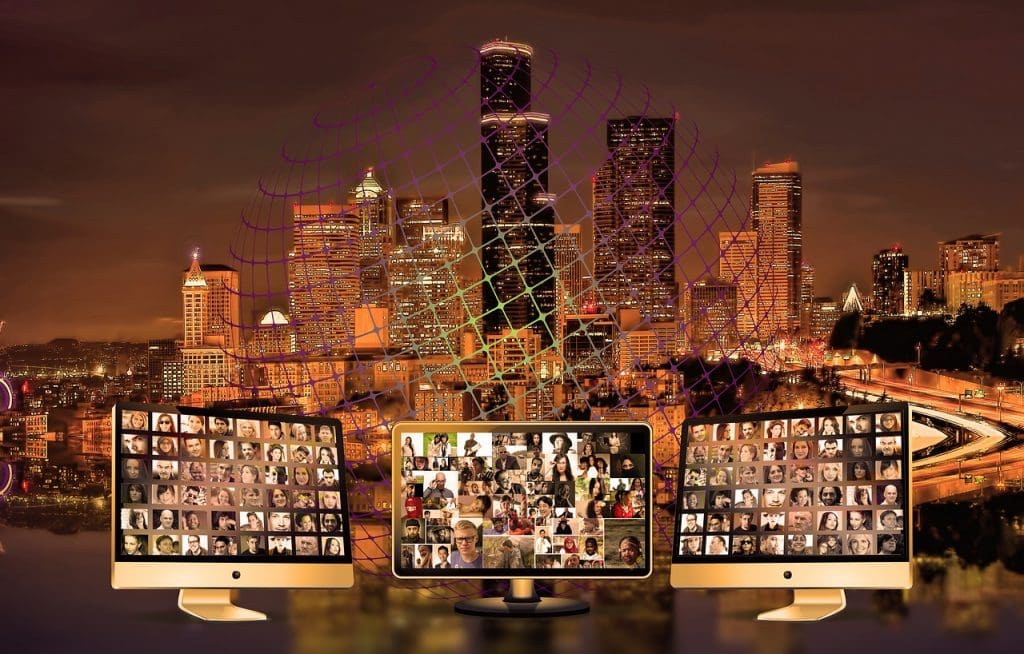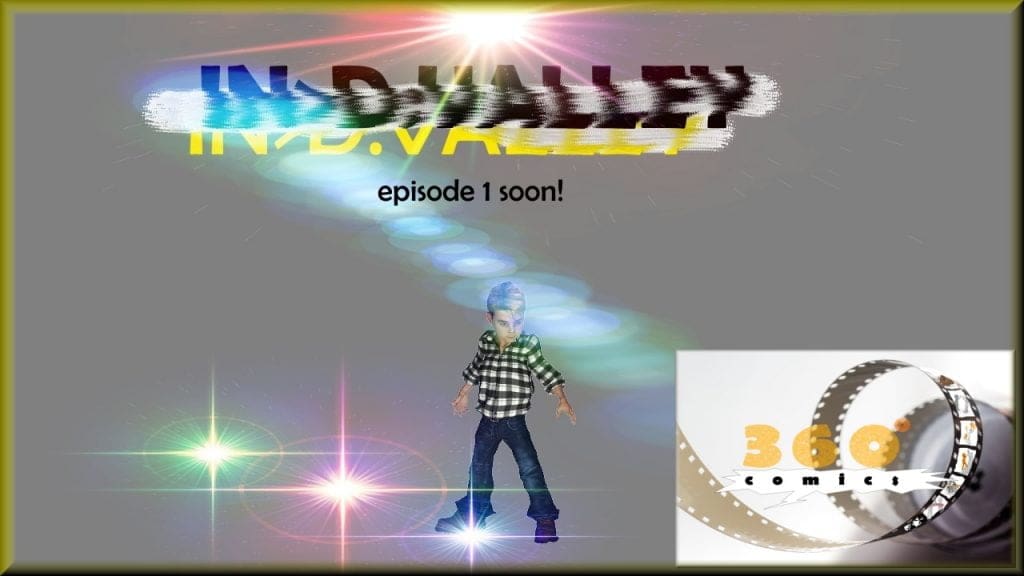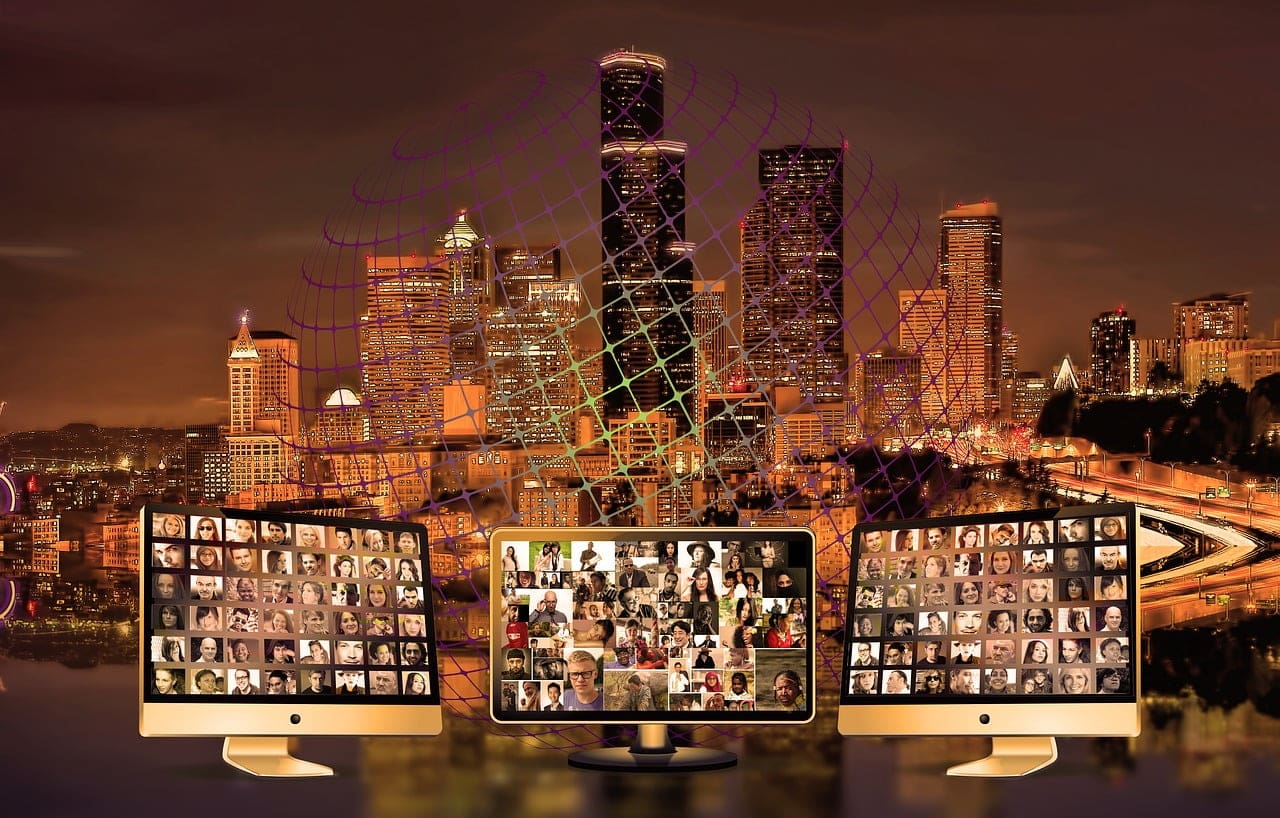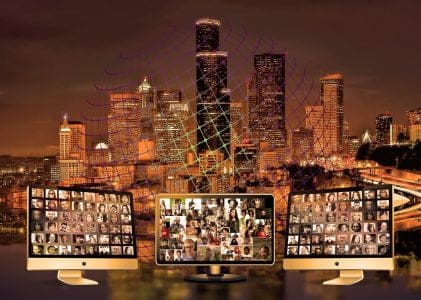 In natural science, a lab is a common part of the education to
In natural science, a lab is a common part of the education to  experiment, explore, calculate, ask and answer questions in a trial and error mode. But in the humanities sciences, this form of learning by doing pedagogy is very rare. Since before the breakthrough of digital technologies development of the humanities science “lab” was generally what took place in the library. Now in the digital age, a great example of taking advantage of the new possibilities are the Experimental Humanities Lab at Indiana University. Below follows this and two other perspectives on humanities in a tech-savvy development.
experiment, explore, calculate, ask and answer questions in a trial and error mode. But in the humanities sciences, this form of learning by doing pedagogy is very rare. Since before the breakthrough of digital technologies development of the humanities science “lab” was generally what took place in the library. Now in the digital age, a great example of taking advantage of the new possibilities are the Experimental Humanities Lab at Indiana University. Below follows this and two other perspectives on humanities in a tech-savvy development.
Humanities Lab in a tech-savvy development
The lab’s project-based learning with focuses on to ask questions, observe, question our world, experiment and gather data. Fritz Breithaupt, professor of cognitive science explains:
“Through the lens of this new playground/lab, I have come to re-evaluate my beliefs about humanities education. There is something missing. Call it the fun factor. It is the excitement that students have when leaving a meeting or class eager to try things out and do something.”
Emotional intelligence
Professor Joseph LeDoux at New York University and Richard Brown, professor at the City University of New York, adds another perspective as they conclude in the journal Proceedings of the National Academy of Sciences that:
“Emotions are not innately programmed into our brains, but, in fact, are cognitive states resulting from the gathering of information.”
In other words, emotions are a response to what our brain receives and collects. And not some form of intrinsic makeup, that has been suggested earlier. Emotional intelligence is considered an inevitable asset in the digital age. For instance that you learn to better control the floods of information, you take in.
Development of Humanities Science and free thinker
The investor and serial entrepreneur, Mark Cuban, gives the following perspective in an interview with Bloomberg:
“I personally think there’s going to be a greater demand in 10 years for liberal arts majors than there were for programming majors and maybe even engineering, because when the data is all being spit out for you, options are being spit out for you, you need a different perspective in order to have a different view of the data. And so having someone who is more of a freer thinker.”
Written by
LarsGoran Bostrom©
Author of the book Learning Design in Practice for Everybody
___________________________________
 Learn more about IN>D:Valley and 360 degrees comics
Learn more about IN>D:Valley and 360 degrees comics
The productions are created in SOE PublishingLab
Opens in a new tab



